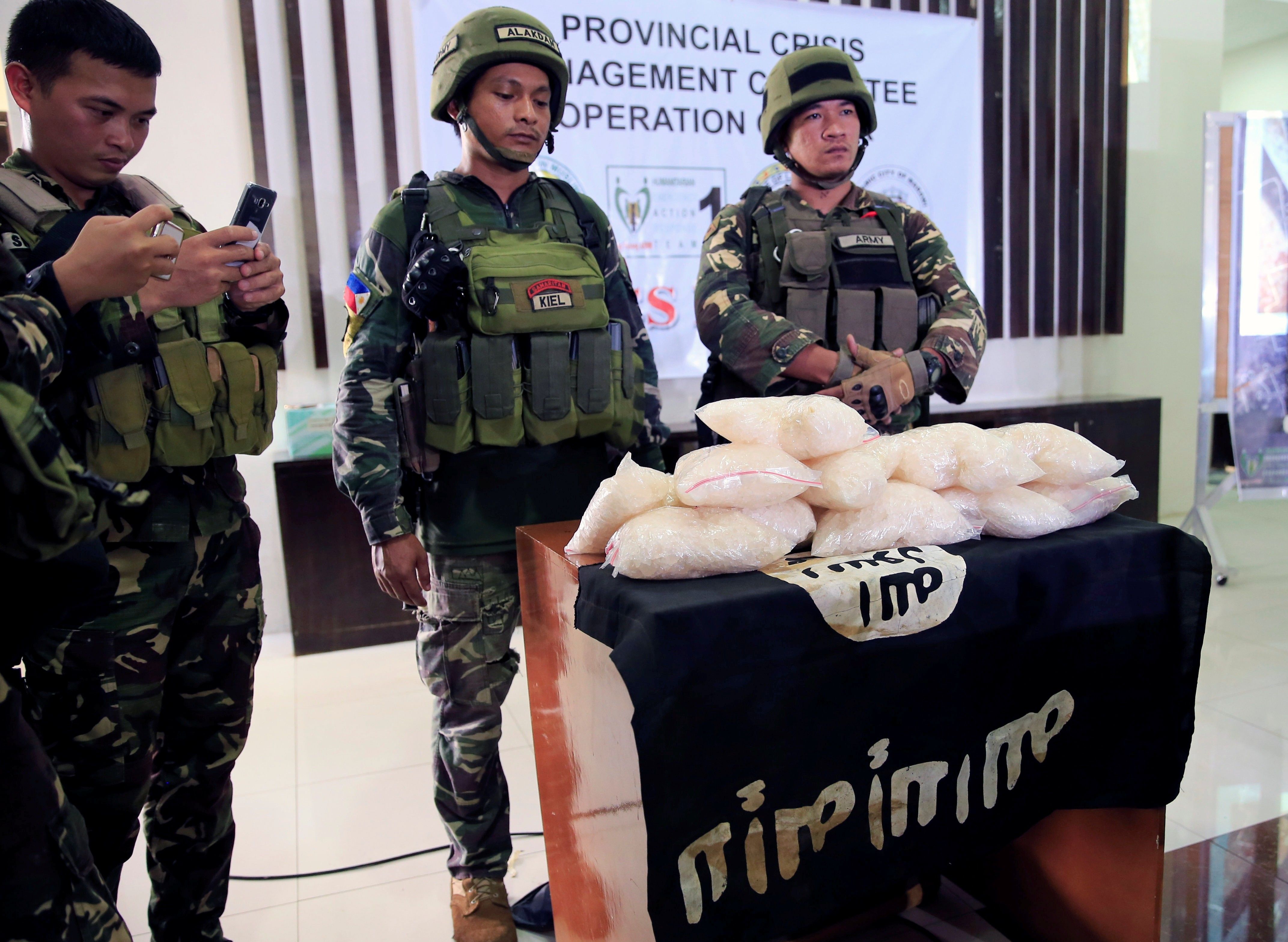The Islamic State in the Philippines is back — and it could have dire consequences for the United States’ calculus when it comes to great power competition.
With much of the world focused on the Israel-Hamas war, an early December attack in the Philippines claimed by the Islamic State (ISIS) garnered little international attention. But ignoring the threat of the world’s most dangerous terrorist group in the Philippines is short-sighted.
The attack on December 2 targeted a Catholic mass service in the gymnasium at Mindanao State University, killing four and injuring dozens. The bombing, which was timed for the beginning of the annual Mindanao Week of Peace celebrations, targeted parishioners gathered for morning mass. The university is located in Marawi, the same city where ISIS-affiliated groups led a five-month siege back in 2017 that killed around 1,000 people.
And while an ISIS attack in a Catholic-majority Asian country seems to be a low priority at a time when Israel has launched an invasion in Gaza, Iran-backed Houthi forces are attacking maritime interests, and Western forces have withdrawn from a slew of jihadist-hit African countries, not to mention the ongoing war in Ukraine, the assault on Marawi is highly concerning.
The attack is not a one-off. In fact, the bombing was preceded by several other ISIS-claimed operations in the wider Bangsamoro Autonomous Region in Muslim Mindanao area since August. Moreover, ISIS published an editorial in its weekly Al-Naba newsletter shortly after the attack, portraying the Philippines as a “field of jihad” deserving greater support from Muslims worldwide and urging Muslims to travel to the country to participate in jihad.
ISIS maintains operations in the island country through its connections with several local jihadist groups like Maute, Abu Sayyaf, Bangsamoro Islamic Freedom Fighters, and Ansar Khalifa Philippines. All of these groups pledged allegiance to the group in 2014 and 2015 and were recognized by ISIS as one affiliate in 2016. Although the number of ISIS-affiliated fighters is estimated at no more than a few hundred, the militants are able to leverage their connections with local clans, politicians, and criminal elements to sustain themselves.
Underscoring their resilience, the latest string of attacks actually came after local security forces killed Abu Zacharia — the leader of Maute who was rumored to be ISIS’s emir in the country — back in June. And while intensified military operations have prevented the ISIS affiliates from holding territory for now, they could easily take advantage of a repositioning of local forces to establish a more lasting presence.
Not only did the Philippines receive the rare recognition of being named a major non-NATO ally more than 20 years ago, Washington and Manila recently revived their Enhanced Defense Cooperation Agreement, which was first signed in 2014 and gives the U.S. access to a total of 13 Philippine military bases. Most of these bases are in close proximity to Taiwan and the South China Sea, making them valuable assets for U.S. operations designed to militarily contain or combat China in the Indo-Pacific region. More broadly, Manila has also signed or begun negotiations with Australia, Japan, the European Union, and India for new defense agreements since early 2023.
If ISIS continues its string of attacks targeting Marawi and the larger Bangsamoro area, it could derail the already imperiled peace process there ahead of the region’s first elections next year. And if war returns to that region, the Filipino government will likely have to rethink any plans to reposition its armed forces for territorial defense as well as its contributions to joint security arrangements with the U.S. and its allies, which are more important now — with Washington shifting its focus back to the Middle East amid heightened threats there — than ever.
















